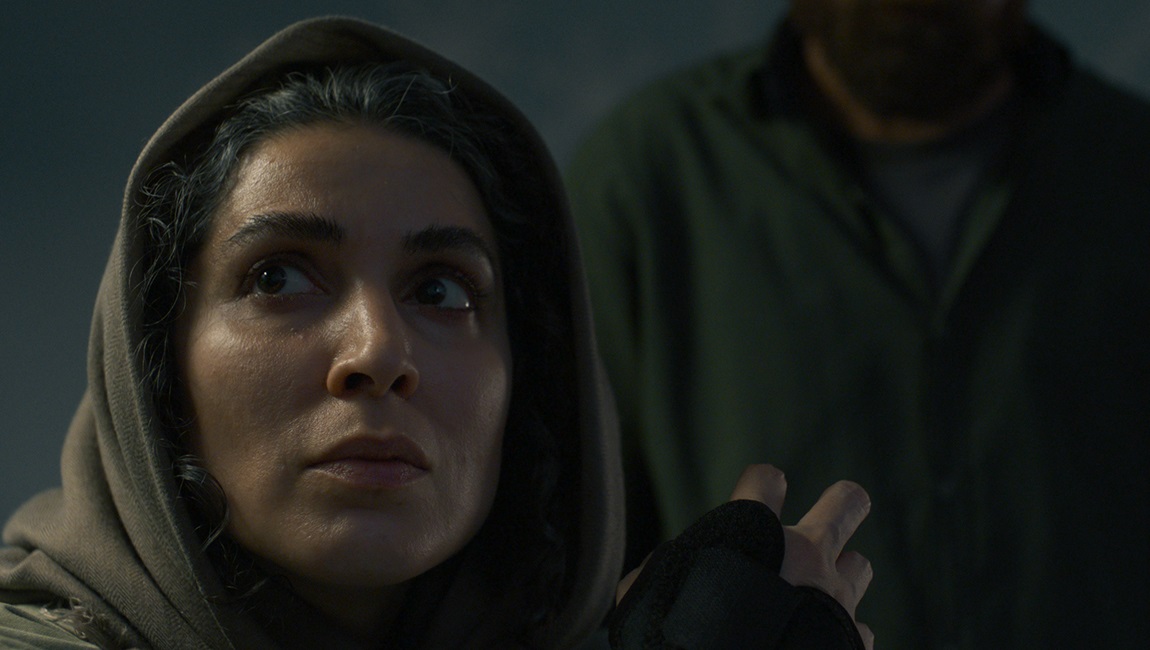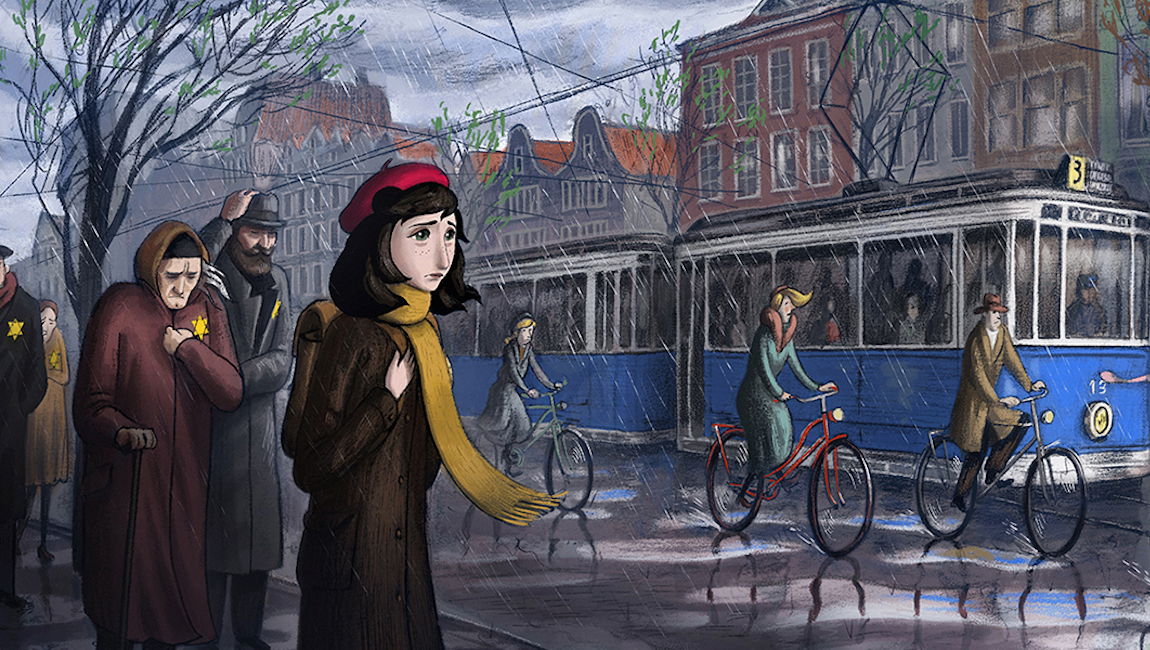Achilles, the debut feature from Iranian director Farhad Delaram, is fairly unusual in a number of ways, often displaying a frankness regarding oppression that is much more direct than what we’ve become accustomed to in Iranian cinema. Where major directors like Kiarostami, Panahi, and the Makhmalbafs have often focused on children as a way to sidestep confrontations with the Iranian censorship board, Delaram’s film is a frontal assault on political persecution in the Islamic Republic, centered on two dissidents whose paths cross by chance. What makes Achilles so awkward is Delaram’s ambivalence regarding protest and resistance. The film is an odd mix of righteous anger and utter futility.
For the first 20 minutes of Achilles, we observe Farid (Mirsaeed Molavian), who goes by the nickname Achilles. He works in a hospital distributing orthopedic equipment to patients with injuries, but he is spectacularly unengaged with this task, apparently sometimes not showing up for work at all. Gradually, we learn that Farid isn’t a doctor, and is in fact hiding out under a new identity with the help of doctor friends. The man lives in his car, and when he is tracked down and visited by his estranged wife (Neda Aghighi), their conversation does not exactly illuminate what sort of trouble Farid is actually in. We just hear her accuse him of being a coward, and he does not protest.
When Farid is asked to go to the psych ward to deliver a wrist brace, he meets Hedieh (Behdokht Valian), a young woman who believes she hears the walls chattering at her. While this isn’t exactly a meet cute, there is an immediate bond between Farid and Hedieh, and the main action of Achilles begins once he breaks her out of the hospital. We, along with Farid, learn that Hedieh is a political prisoner, and while she was committed to the psych ward as punishment for her activities against the regime, her time there has traumatized her and done actual damage to her mental health. When Farid takes her to his old apartment to get her some street clothes, we discover that he used to be a filmmaker, and that he stopped working and disappeared just as he might’ve been targeted by the authorities.
There’s something unnervingly self-congratulatory about Delaram’s depiction of Farid. While he is far too embittered to serve as a glorified avatar for the director, the character’s situation does allow Delaram to implicitly argue for his own bravery. While some filmmakers, like those mentioned above, were able to produce their work under nearly impossible circumstances, Delaram suggests that art is a poor substitute for activism. Farid stops making films and directly challenges the police by going on the run with a fugitive. But Achilles is mired in its own political problems. Without spoiling the ending, it can be said that the film would have completely satisfied the Hays Code, and it’s not hard to suspect that the conclusion, which comes about because of several really stupid decisions by Farid, played a role in getting Achilles approved. Resistance is indeed futile, and may really be indistinguishable from mental illness.







